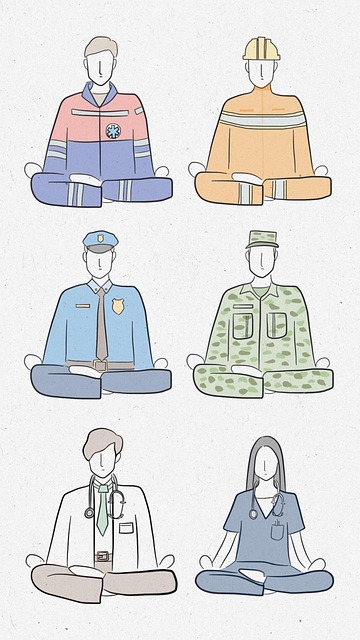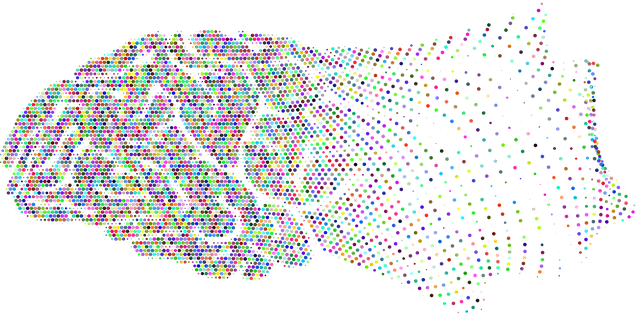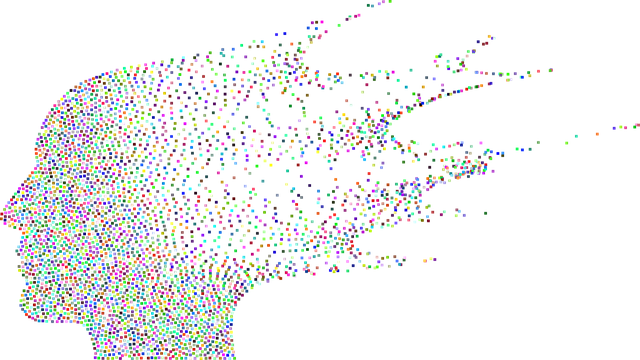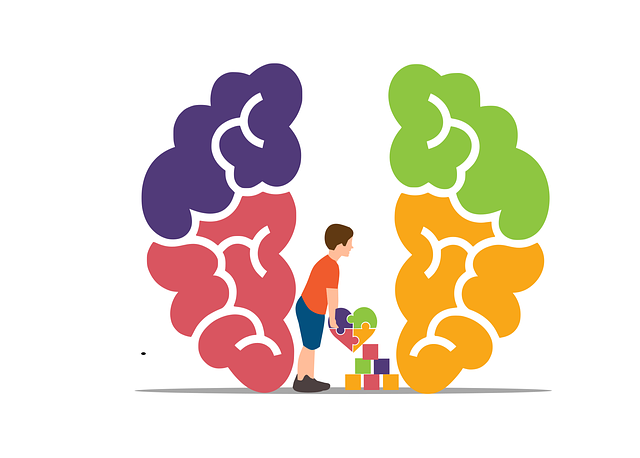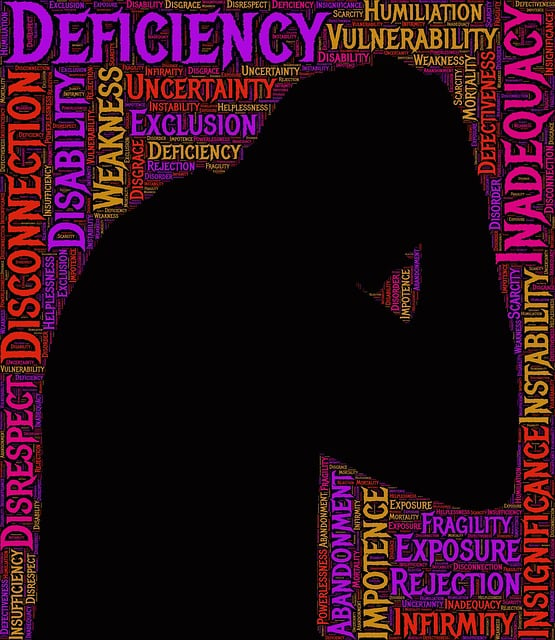Mental health advocacy, led by organizations like Lone Tree Grief Counseling Therapy, is a powerful force for positive change. By championing mental health rights, breaking stigma, and offering specialized support (e.g., grief counseling, wellness journaling), these initiatives empower individuals to manage their emotional well-being effectively. Through comprehensive strategies, stakeholder collaboration, cultural sensitivity, and innovative techniques, they foster open conversations about mental health, reduce suffering, and cultivate a more supportive society. Lone Tree Grief Counseling Therapy's approach includes personalized interventions, community support groups, and stress management workshops to promote mental resilience and normalize help-seeking behaviors.
Mental health advocacy plays a pivotal role in fostering supportive communities and reducing stigma. This article explores the power of active engagement, focusing on Lone Tree Grief Counseling Therapy as an exemplary initiative. We delve into understanding mental health advocacy, its community impact, and effective strategies for launching successful campaigns. Additionally, we discuss overcoming barriers to encourage open conversations about mental wellness, emphasizing the importance of every voice in this crucial conversation.
- Understanding Mental Health Advocacy: Why It Matters
- The Role of Lone Tree Grief Counseling Therapy in Community Support
- Effective Strategies for Launching Successful Advocacy Initiatives
- Overcoming Barriers: Encouraging Open Conversations About Mental Health
Understanding Mental Health Advocacy: Why It Matters

Mental health advocacy is a powerful tool for creating positive change and raising awareness about an often-overlooked aspect of overall well-being. It involves championing for individuals’ mental health rights, ensuring they receive the support and care they need. This process is crucial in breaking down the stigma surrounding mental illness and encouraging open conversations. By advocating, we can promote understanding and encourage early intervention, which are key to managing and overcoming various mental health challenges.
In today’s fast-paced world, where stress and anxiety are prevalent, initiatives like Lone Tree Grief Counseling Therapy and similar organizations play a vital role. They provide essential resources for emotional regulation and self-care practices, enabling individuals to navigate their mental health journeys effectively. Through outreach programs, workshops on stress management, and community support groups, these organizations foster an environment of care and solidarity, ultimately enhancing the overall mental resilience of their communities.
The Role of Lone Tree Grief Counseling Therapy in Community Support

Lone Tree Grief Counseling Therapy plays a pivotal role in fostering community support and promoting mental wellness. Through tailored interventions, this initiative addresses the profound impact of grief by providing individuals with effective communication strategies to navigate their emotions. By integrating self-awareness exercises into their therapeutic approach, they enable clients to develop coping mechanisms that enhance resilience.
Moreover, Lone Tree Grief Counseling Therapy introduces and guides participants in engaging Mental Wellness Journaling Exercises. This practice serves as a powerful tool for introspection and reflection, allowing individuals to process their experiences, track their emotional journeys, and cultivate a deeper understanding of their mental health. Ultimately, these initiatives contribute significantly to building a supportive community where open dialogue about grief and mental wellness is encouraged.
Effective Strategies for Launching Successful Advocacy Initiatives

Effective mental health advocacy initiatives require a multifaceted approach to make a meaningful impact. Firstly, establishing clear goals and objectives is essential. Advocacy groups should define what they aim to achieve, whether it’s raising awareness about specific mental health issues, lobbying for policy changes, or providing support systems for marginalized communities. This clarity guides the strategy and ensures every effort aligns with the ultimate goal of mental wellness promotion.
Engaging diverse stakeholders is another powerful technique. Collaborating with mental health professionals like those available at Lone Tree Grief Counseling Therapy, community organizations, and individuals from various backgrounds enriches the initiative’s reach and impact. Incorporating Cultural Sensitivity in Mental Healthcare Practice ensures that advocacy efforts are inclusive and relevant to different communities, fostering genuine connections and support for mental health causes. Utilizing creative Emotional Well-being Promotion Techniques can also capture attention, spark conversations, and effectively communicate the importance of prioritizing mental health.
Overcoming Barriers: Encouraging Open Conversations About Mental Health

Overcoming barriers to open dialogue about mental health is a crucial aspect of any advocacy initiative. The stigma surrounding mental illness often silences individuals who need support, leading to unnecessary suffering. By fostering a culture where conversations about mental wellness are as commonplace as discussions about physical health, we can significantly reduce the burden of mental illness. Initiatives such as Lone Tree Grief Counseling Therapy play a pivotal role in this shift, providing safe spaces for individuals to express their emotions and seek guidance.
Encouraging open conversations requires a multifaceted approach. This includes implementing Burnout Prevention Strategies for Healthcare Providers to ensure professionals are equipped to handle sensitive topics without burning out. Mental Illness Stigma Reduction Efforts must target societal norms that discourage honest discussions about mental health. Stress Management Workshops Organization can empower individuals and communities to recognize signs of stress and anxiety, fostering an environment where help-seeking is normalized. Through these collective efforts, we can create a more supportive and understanding society.
Mental health advocacy initiatives, such as those supported by Lone Tree Grief Counseling Therapy, play a pivotal role in fostering open conversations and community support. By understanding the importance of advocacy and employing effective strategies, we can overcome barriers and create a more inclusive environment for mental health discussions. Through concerted efforts, we can revolutionize how society perceives and addresses mental health concerns, ultimately enhancing the well-being of our communities.

